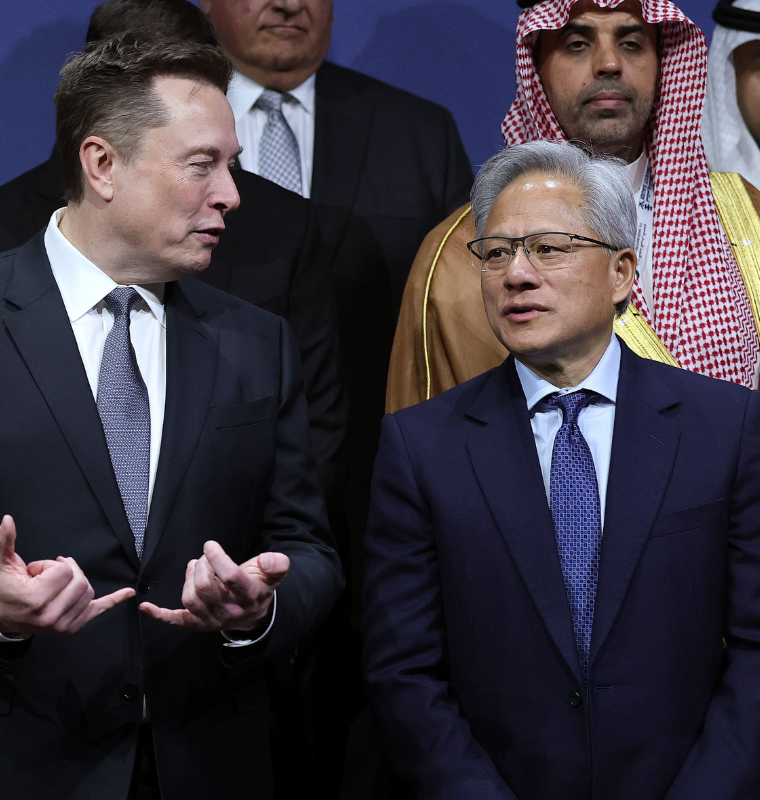Larry Summers Withdraws from Public Roles Amid Escalating Backlash Over Newly Released Epstein Communications
Larry Summers Withdraws from Public Roles Amid Escalating Backlash Over Newly Released Epstein Communications
By
David Goldfarb
Last updated:
November 18, 2025
First Published:
November 18, 2025
.webp)
Photo: Bloomberg.com
Former Treasury Secretary Larry Summers announced that he is stepping away from all public-facing commitments following the release of extensive email exchanges between him and convicted sex offender Jeffrey Epstein. The revelations have triggered intense scrutiny across academic, corporate, and political circles, raising questions about Summers’ judgment and his continued influence in elite institutions.
In a statement provided to multiple media outlets, Summers expressed remorse, saying he felt “deeply ashamed” of his interactions with Epstein and accepted “full responsibility” for continuing to communicate with him long after Epstein’s criminal history was widely known. Summers emphasized that he will still meet his teaching obligations at Harvard but will withdraw from public events, commentary, advisory roles, and external engagements as part of what he described as a “broader effort to reflect and rebuild trust.”
Professional roles under renewed scrutiny
Summers currently serves on the board of OpenAI, contributes as a columnist for Bloomberg News, and directs the Mossavar-Rahmani Center for Business and Government at the Harvard Kennedy School. He is also teaching five courses this semester, according to Harvard’s student newspaper, The Crimson.
Following Summers’ announcement, questions have been directed at OpenAI and Bloomberg regarding whether his involvement will continue. As of now, formal comments have not been issued by either organization.
How the emails became public
The controversy intensified after The Crimson published detailed reporting based on documents released by the House Oversight and Government Reform Committee, which obtained more than 20,000 records from Epstein’s estate through a subpoena. These documents included emails and messages exchanged between Summers and Epstein from November 2018 to July 2019.
According to the reporting, Summers sought Epstein’s advice about a woman with whom he was pursuing a romantic relationship—someone he described as a mentee. The correspondence revealed Epstein positioning himself as Summers’ “wing man,” offering guidance and reassurance as Summers navigated his pursuit. These exchanges took place more than a decade after Epstein pleaded guilty in 2008 to soliciting prostitution from an underage girl.
The messages also showed Summers—who has been married throughout this period—expressing confusion over the relationship dynamics and seeking direction on how to proceed, while Epstein encouraged him to continue the pursuit.
Political backlash and demands for accountability
The disclosures sparked immediate political reaction. Senator Elizabeth Warren, a former Harvard Law professor and current Massachusetts Democrat, called for Harvard to cut formal ties with Summers. She argued that his willingness to maintain a relationship with Epstein showed “monumentally bad judgment” and raised significant concerns about his suitability to advise policymakers or teach students.
Warren stated that Summers “cannot be trusted” to mentor young people or shape public policy given his failure to distance himself from Epstein even after widespread public knowledge of Epstein’s sexual offenses.
Escalation at the federal level
The situation has drawn the attention of federal authorities. Acting on a request from President Donald Trump, Attorney General Pam Bondi announced that she has asked U.S. Attorney Jay Clayton in Manhattan to investigate Epstein’s connections with Summers, former President Bill Clinton, billionaire investor Reid Hoffman, and the banking giant JPMorgan Chase.
The federal government has faced mounting pressure for months to release investigative files related to Epstein’s activities. Epstein died in August 2019 in a Manhattan jail while awaiting trial on federal child sex trafficking charges, a death ruled a suicide.
The House of Representatives is scheduled to vote on legislation that would compel the Department of Justice to release all remaining Epstein-related documents, a step that could bring further names and details to light.
A shifting landscape for influential institutions
Summers’ withdrawal marks one of the most high-profile personal and institutional crises to emerge from the ongoing exposure of Epstein’s networks. For Harvard, OpenAI, and other organizations linked to Summers, the situation raises broader questions about governance, oversight, ethical accountability, and the responsibilities of leaders who operate at the intersection of academia, finance, and technology.
As investigations proceed and more documents are released, pressure is likely to mount across multiple industries to reassess past associations and rebuild public trust.
Popular articles
Subscribe to unlock premium content
How Adults Are Paying to Experience Silent Daylong Festivals for Mindfulness

The Rise of Ultra-Personalized Scent Memory Experiences Using Olfactory Therapy

Why Some Millennials Are Paying for One-Day Luxury Survival Challenges in Nature

How Adults Are Paying to Experience Silent Daylong Festivals for Mindfulness

The Rise of Ultra-Personalized Scent Memory Experiences Using Olfactory Therapy

How Adults Are Paying to Experience Silent Daylong Festivals for Mindfulness







.png)

